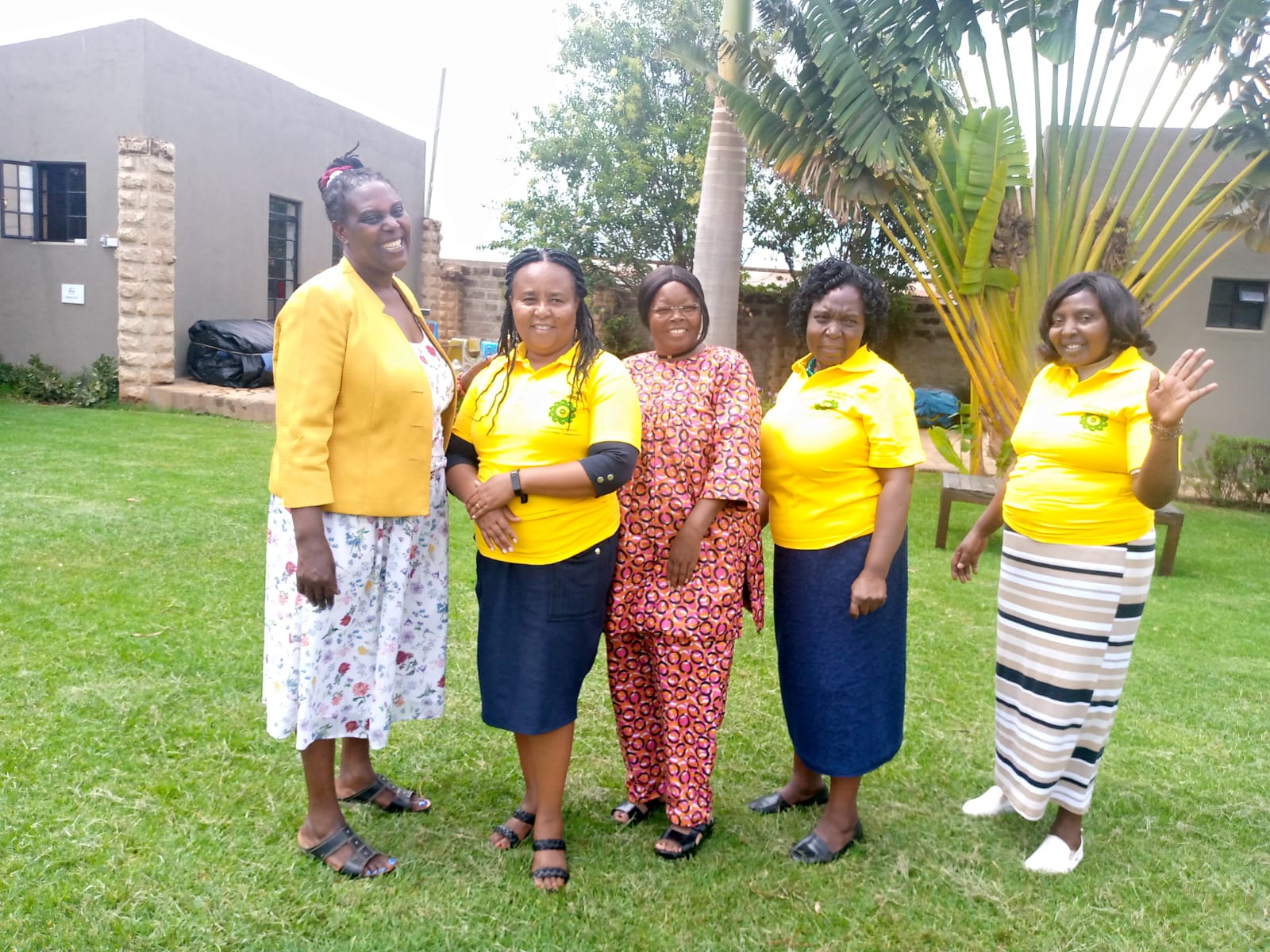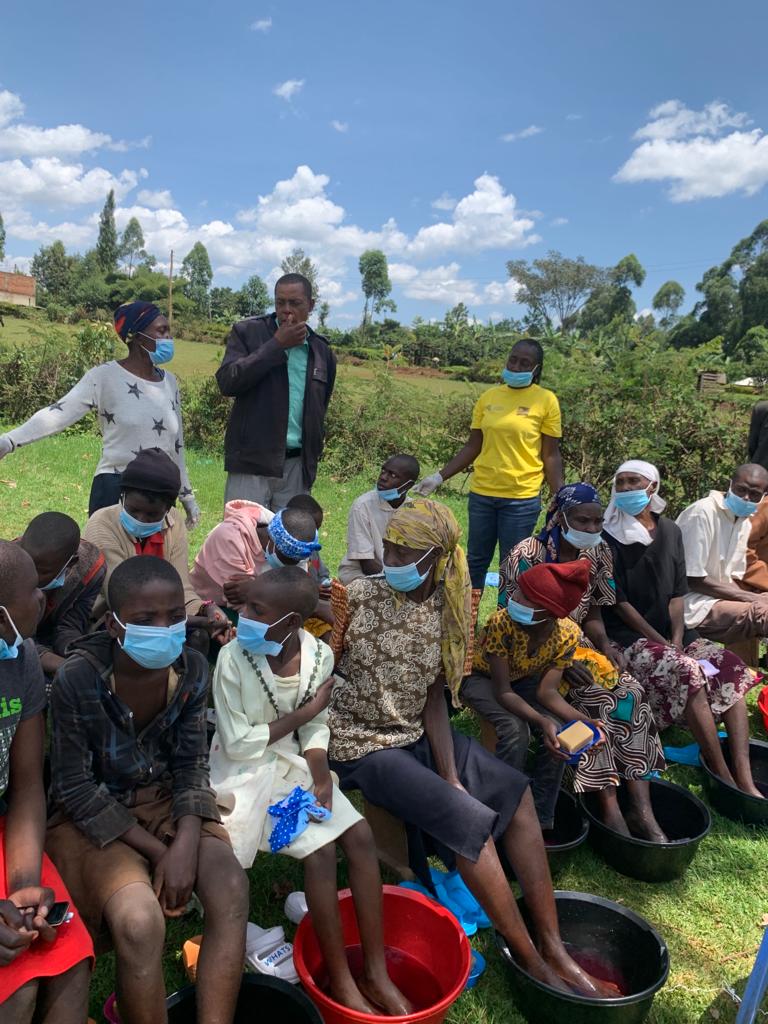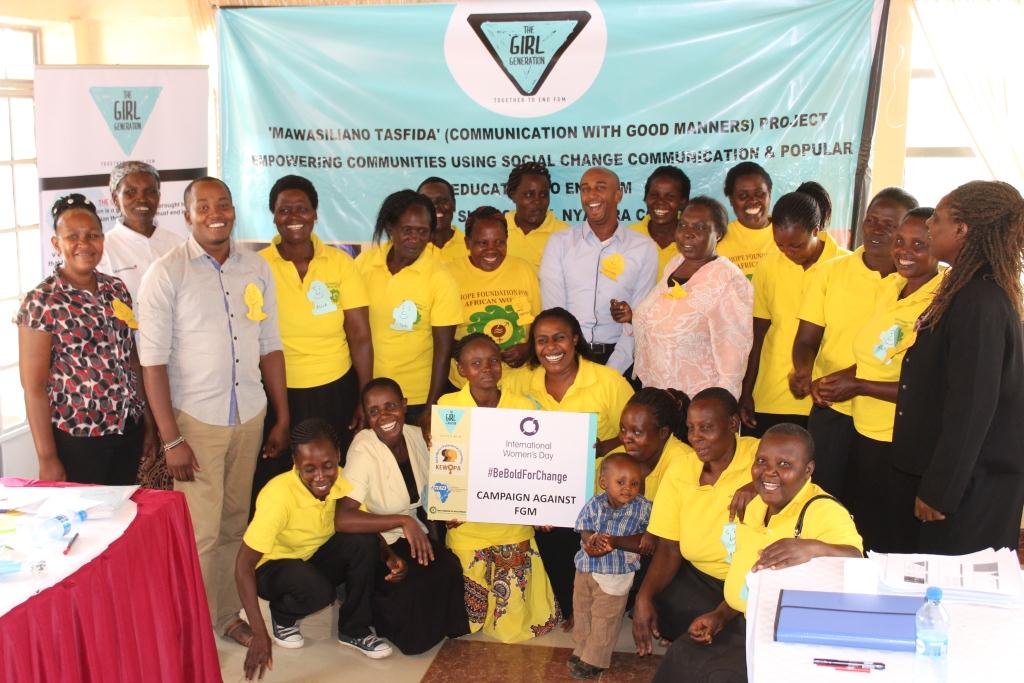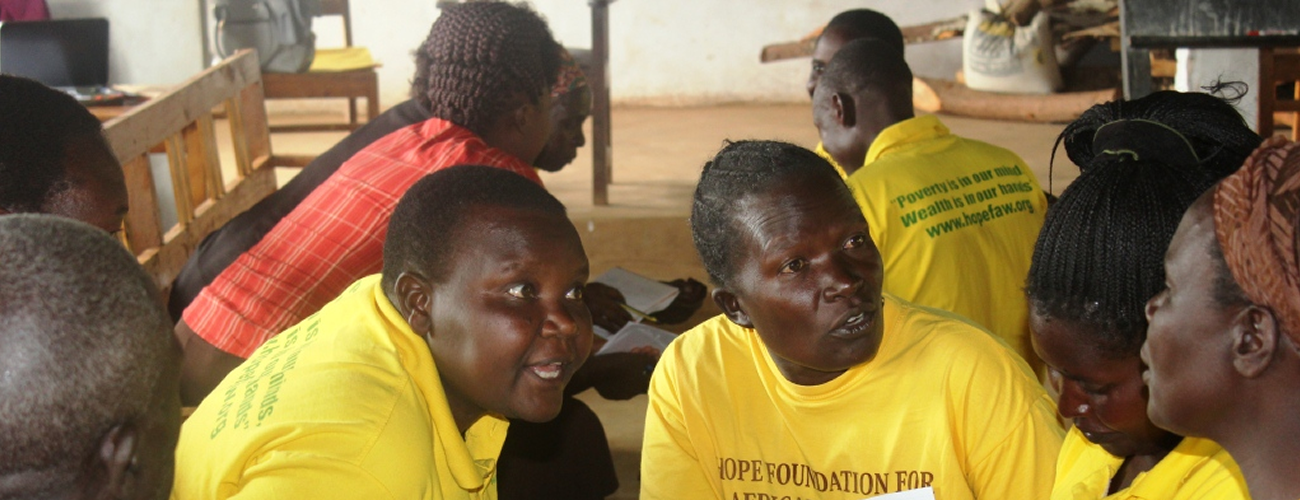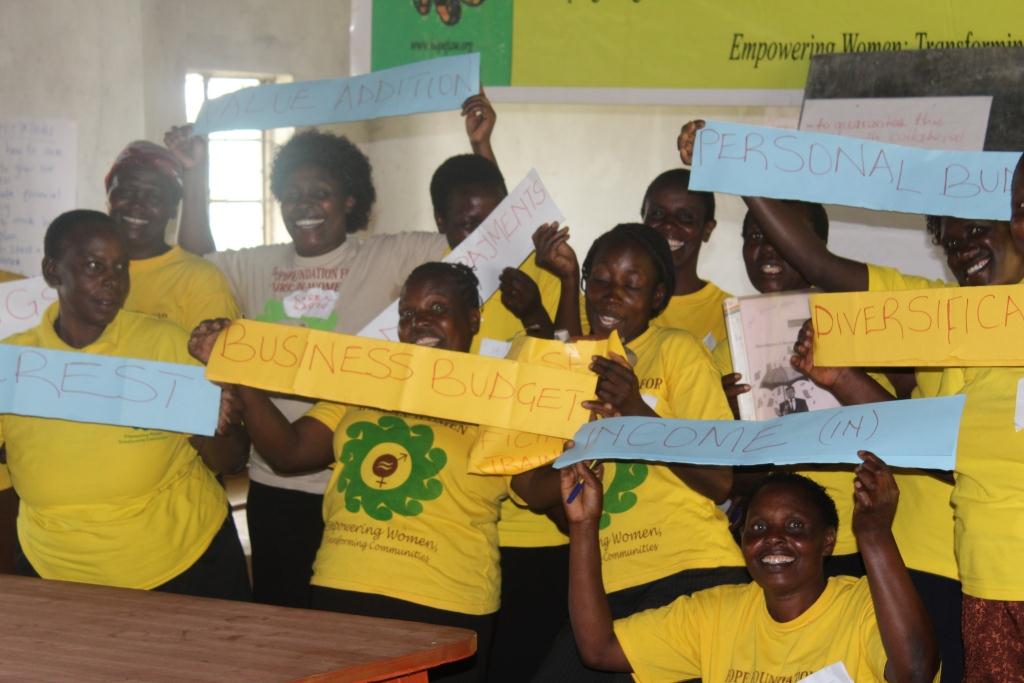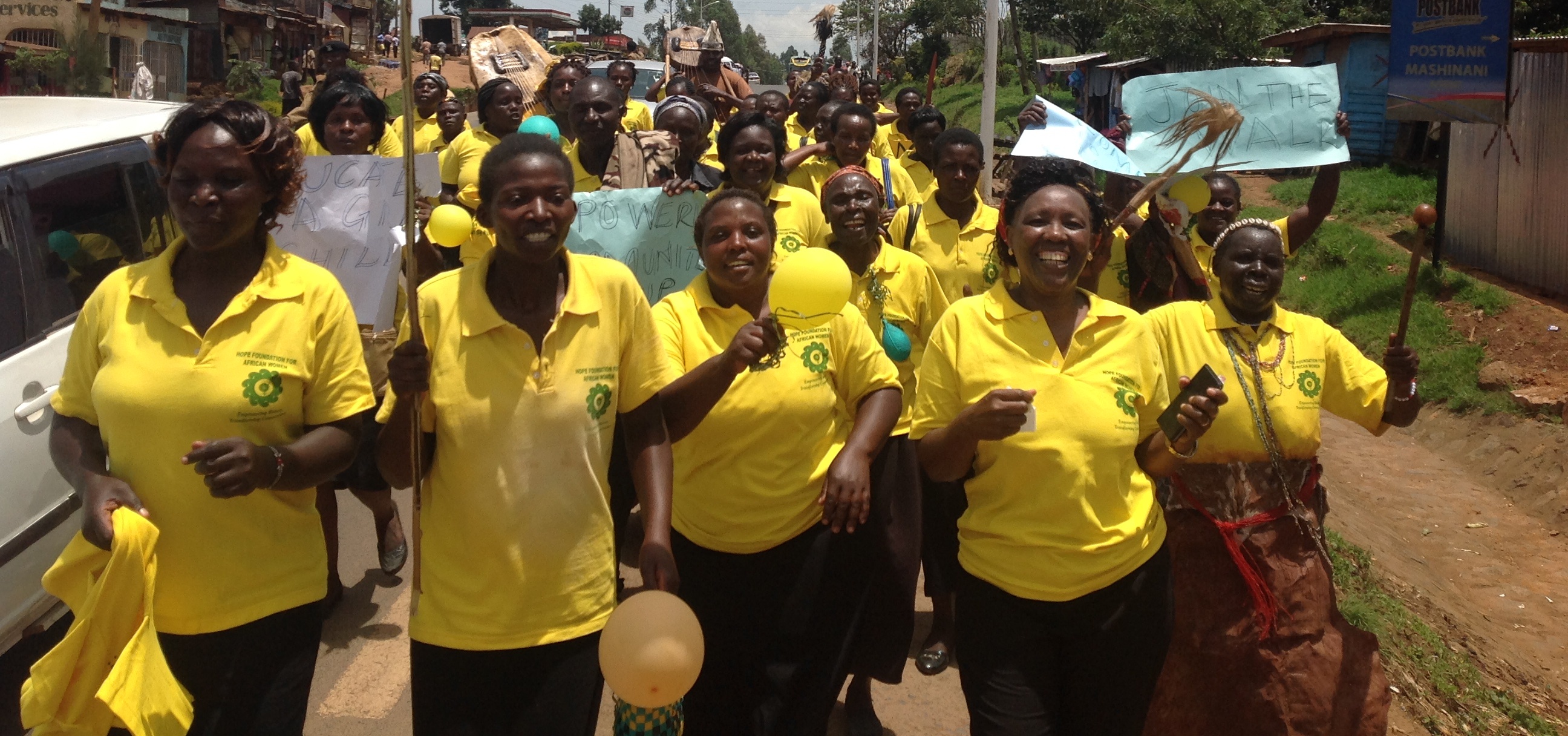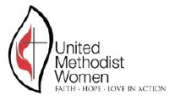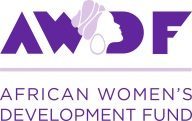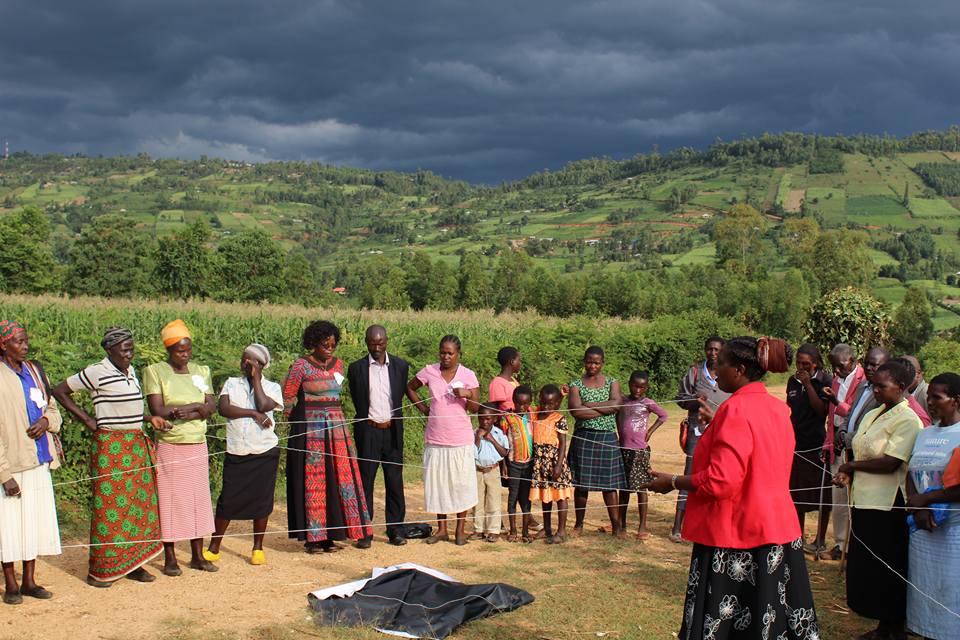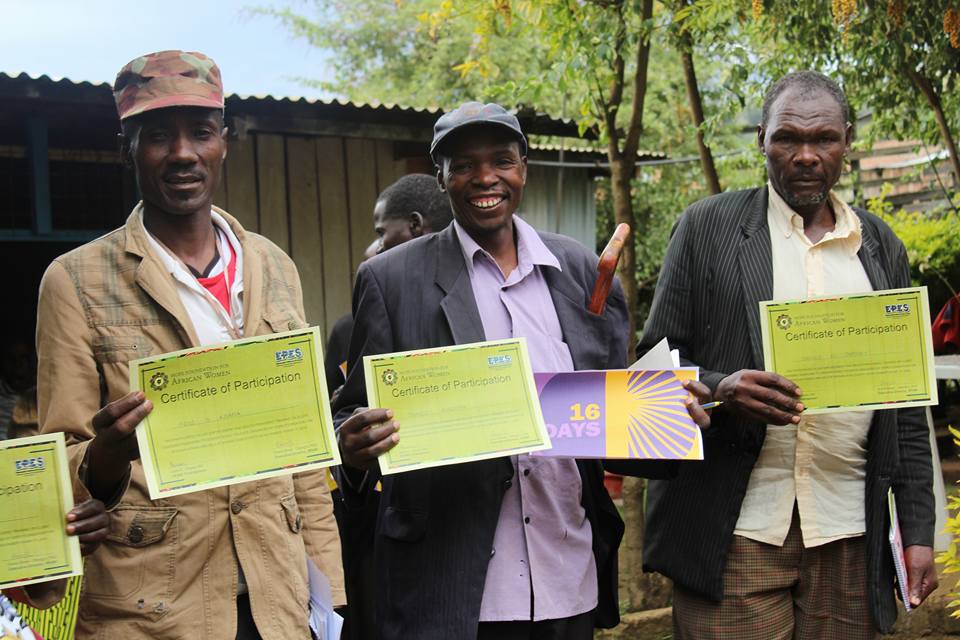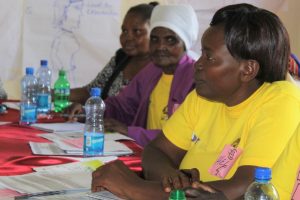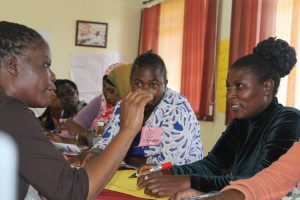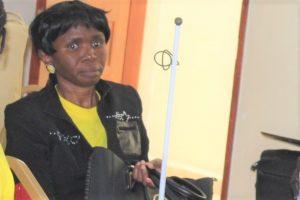Welcome to Hope Foundation for African Women (HFAW), an organization inspired to make a difference in the lives of poor, vulnerable, and marginalized rural women and girls in Kenya. Think of a Maasai woman who would do the majority of the family’s domestic chores: building huts with mud and dung, fetching water from long distances, collecting firewood from the bush and often dangerous areas, cooking and rearing children, finding food in a desert-like climate just to mention a few.
Students Reached
10000
Women Trained in finance literacy & economic empowerment
100
HFAW Fund loans disbursed
70
Radio Outreach
400,000-5,000,000
